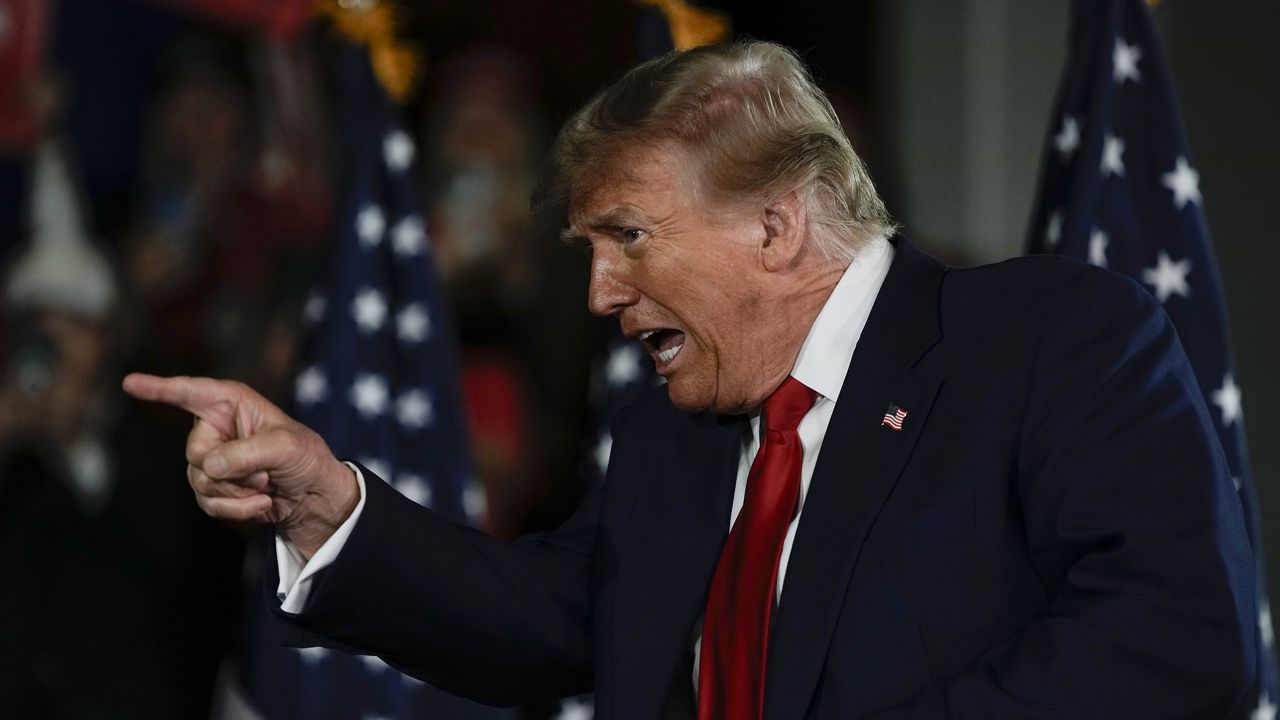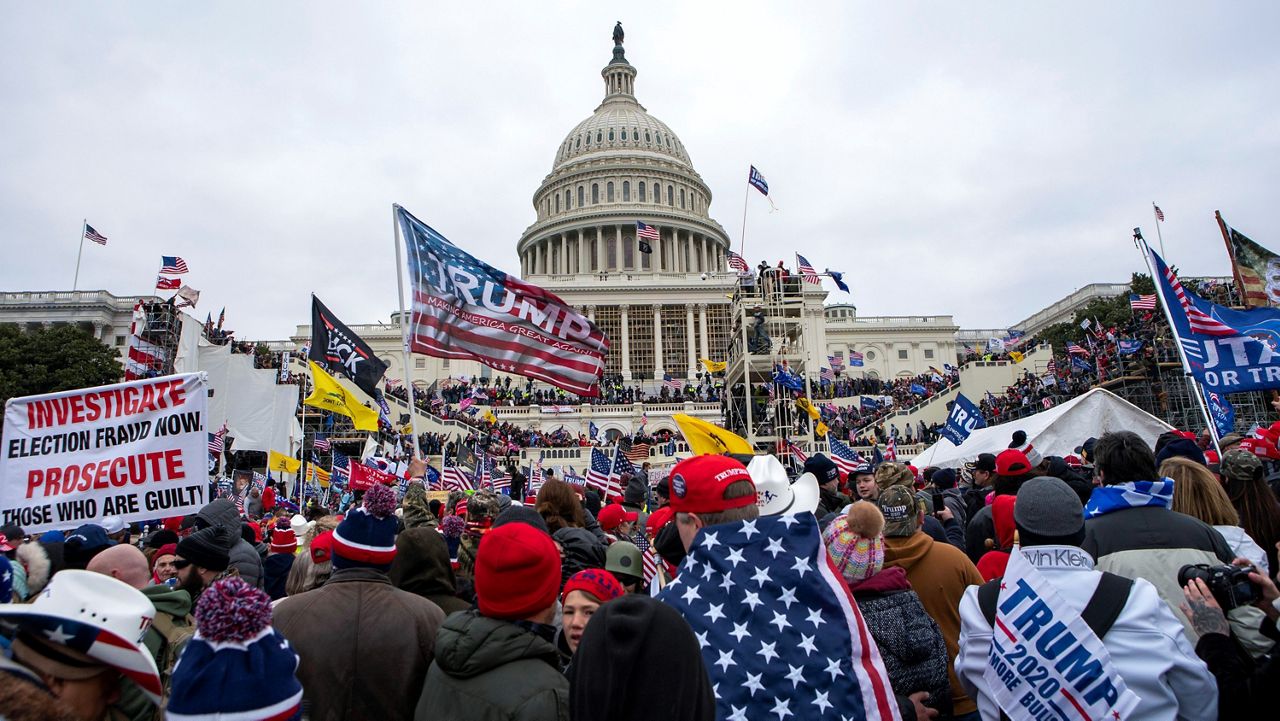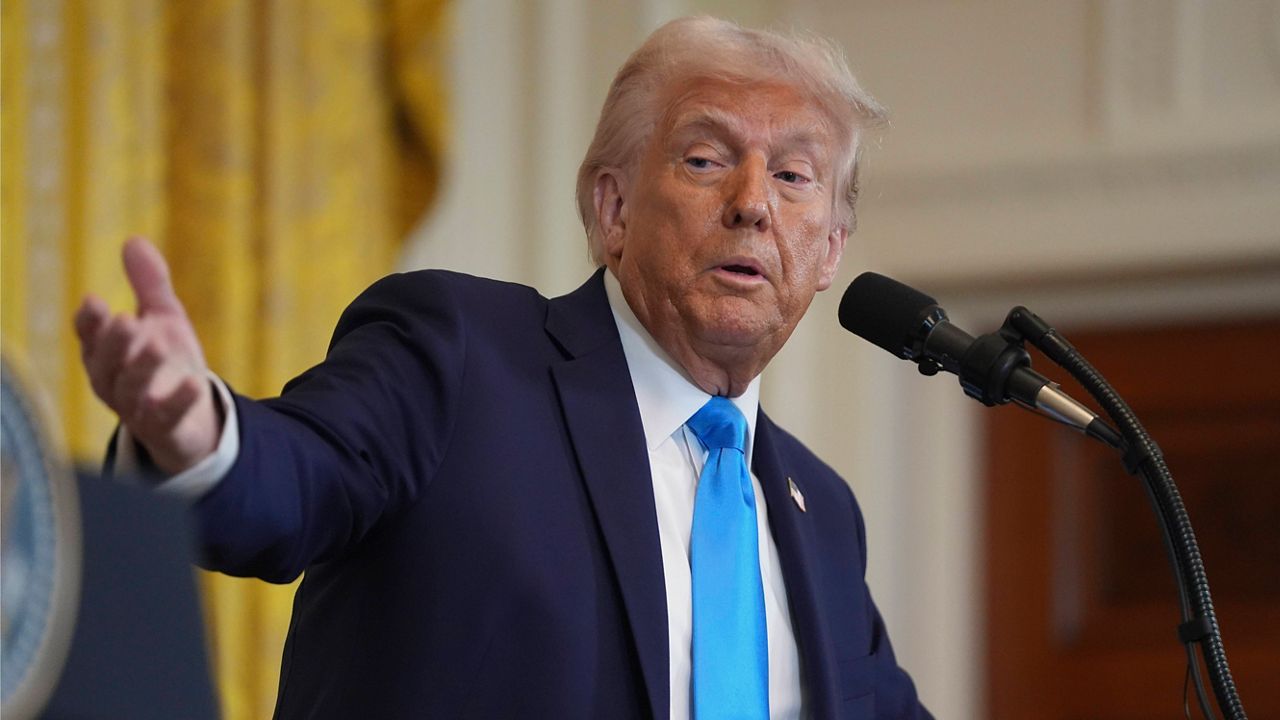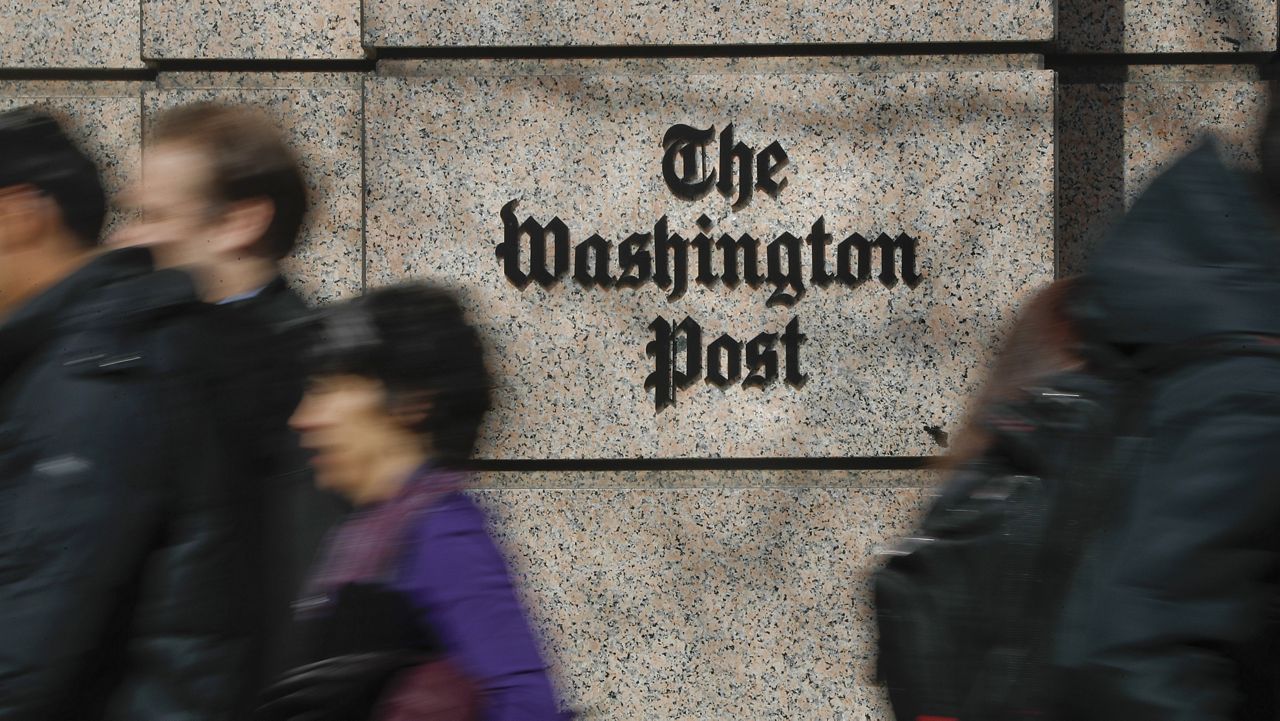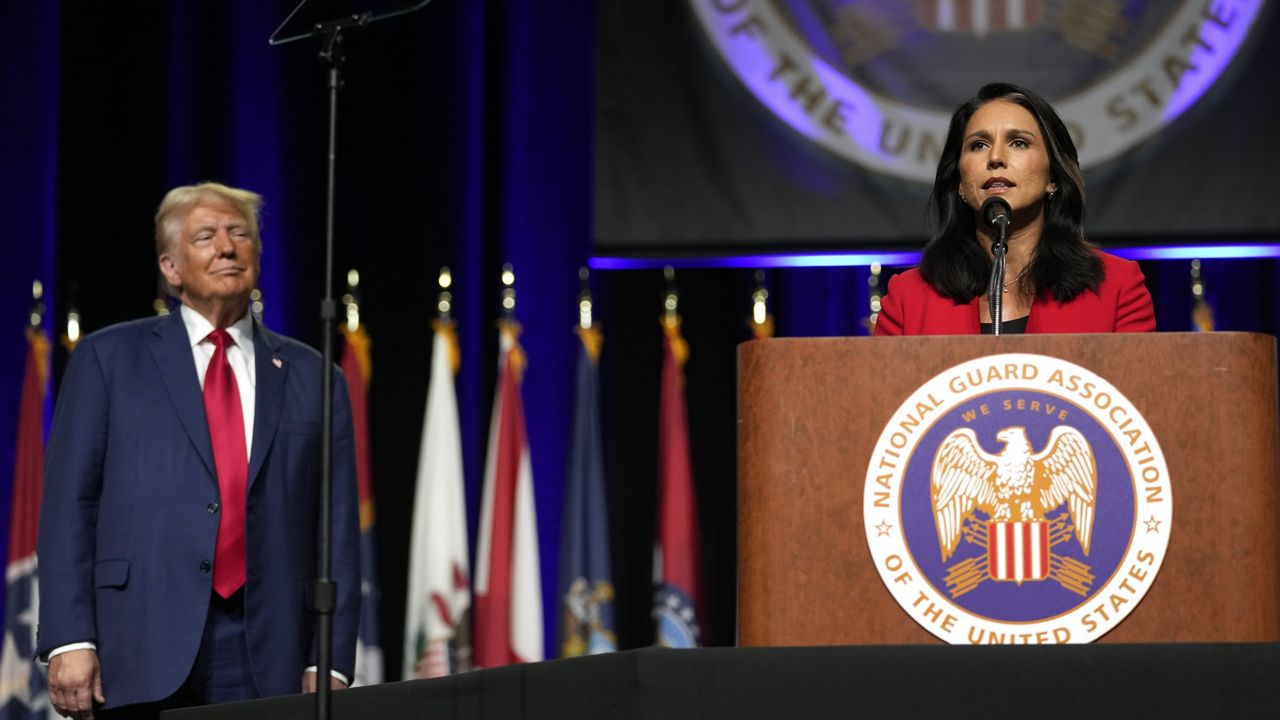In an interview with the Milwaukee Journal Sentinel on Wednesday, former President Donald Trump suggested he would not accept the results of the election in the battleground state of Wisconsin.
“If everything’s honest, I’ll gladly accept the results. I don’t change on that,” Trump told the outlet. “If it’s not, you have to fight for the right of the country.”
“But if everything's honest, which we anticipate it will be — a lot of changes have been made over the last few years — but if everything's honest, I will absolutely accept the results,” Trump continued, adding he’d “let it be known” if he found fault with the election results.
“I'd be doing a disservice to the country if I said otherwise," Trump said. "But no, I expect an honest election and we expect to win maybe very big.”
It’s far from the first time Trump has made such comments, dating back to his first presidential campaign in 2016, when he said he’d “totally accept the results” of the election “if I win.” Trump espoused numerous falsehoods about the 2020 election being rigged, despite officials in both parties, including his own attorney general, stating that there was no widespread fraud in the contest, and courts nationwide, including the U.S. Supreme Court, rejecting claims brought by the ex-president and his allies. Falsehoods about the 2020 election culminated in the Jan. 6, 2021, insurrection at the U.S. Capitol, when a mob of Trump's supporters stormed the building to disrupt the certification of Joe Biden's win.
Trump, who lost Wisconsin to Biden in the 2020 election by about 21,000 votes, also falsely claimed in the interview that he won the Badger State. Trump was in Wisconsin on Wednesday, a rare break from his New York hush money criminal trial, for a rally in Waukesha.
President Biden’s reelection campaign seized on Trump’s comments, calling the ex-president “a danger to the Constitution and a threat to our democracy.”
“President Biden has said, ‘You can’t love your country only when you win.’ But for Donald Trump, his campaign for revenge and retribution reigns supreme,” Biden-Harris 2024 Spokesperson James Singer said in a statement. “In his own words, he is promising to rule as a dictator on ‘day one,’ use the military against the American people, punish those who stand against him, condone violence done on his behalf, and put his own quest for power ahead of what is best for America.”
In an interview with TIME magazine published earlier this week, Trump said the possibility of political violence if he loses this fall “depends on the fairness” of the election.
“I don't think we're going to have that. I think we're going to win. And if we don't win, you know, it depends,” Trump told the outlet. “It always depends on the fairness of an election. I don't believe they'll be able to do the things that they did the last time. I don't think they'll be able to get away with it.”
At a rally in Michigan on Wednesday after his Wisconsin event, Trump touted the Republican National Committee’s new “Protect the Vote” initiative aimed at ensuring “what happened in 2020 will never happen again.”
Spectrum News' Joseph Konig contributed to this report.




